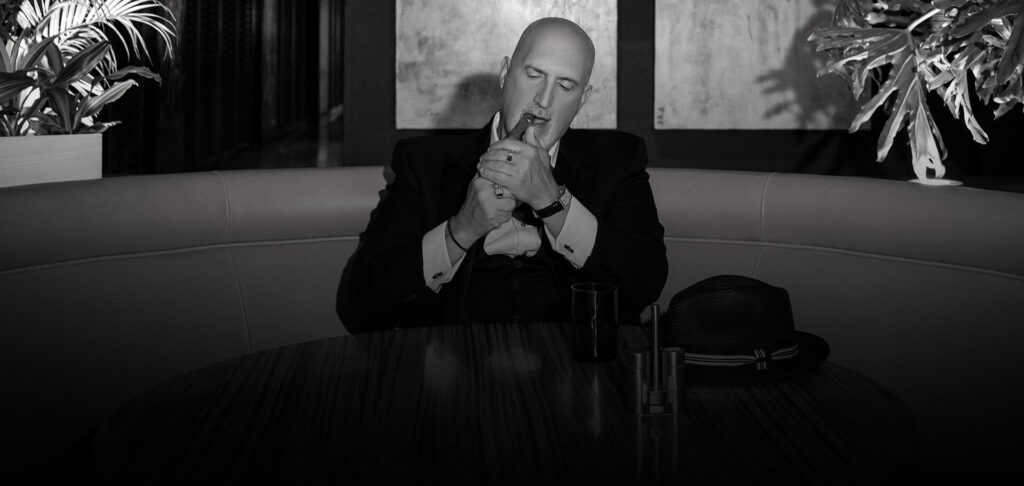Sharpening The Sawbucks
There are a million different metaphors for what money is … and some of them are based in metaphysics, e.g.: “Money is stored energy.” … others are more poetic, e.g.: “Money is a social lubricant.”
A powerful, pragmatic metaphor about money is:
“Money is a tool.”
In other words money is an instrument of facilitation of one sort or another, i.e.: when you have it you can get things done that you might otherwise have to work much harder to accomplish, or might not get done at all.
I like that metaphor about money for two reasons; a) it places money in the context of its use and not as an end in and of itself, and b) it places money alongside other tools I have available to me to get things done if or when I don’t have access to the money I’d like to have to use in the moment (I learned that there’s more than one way to build a treehouse).
Getting Familiar With Tools
My father is a carpenter by trade, and a master craftsman. Growing up I spent many hours working with my father on job sites doing all kinds of projects. Some of these projects were heavy constuction such as putting a roof on a building, others were finishing projects like installing custom moulding in a room, or building furniture.
In the case of heavy construction or finishing, or any project in between, my father relied on his tools to get the job done. I loved my father’s toolbox and all of the stuff in it …
Hammers, chisels, saws, rulers, squares, nail sets, hand drills, screw drivers, chalk lines, planes … all kinds of amazing tools.
My father accumulated these tools over many years, and some were virtually ancient … like his hand brace (bitstock) and the bits that went into it, others were almost brand new, e.g.: most of his electric tools.
There were two very important things I learned about tools from my father in those days.
The first thing was: having the right tool for the job make things easier and also often helps to make the outcome better.
For example in a pinch you could use a screwdriver to remove some wood from a door frame to set a hinge, but using a screw driver as a chisel never produced a result that was anywhere near what you could produce with a chisel, and the outcome was almost always unacceptable if your intention were to do fine work.
The second thing was: keeping your tools sharp, and in good condition, was essential if you wanted them to do the job they were intended for when you needed them.
There were a few other things I learned along the way as well, like always put your tools back when you finish using them so you know where they are the next time you need them, and … it’s better to put your tools back in the toolbox exactly where they were when you took them out, because the next time you go to look for them they will be right where you expect them (to be).
Refining The Process
I began to notice that at some point my father stopped taking his toolbox with him on all of his jobs. Instead he began changing his habits a bit. He would take only the tools he knew he was going to need, and he took less and less tools with him as he got older (and more skillful).
What was happening was that as he got older, wiser and more skillful he needed less tools to get the job done. In fact I’d say as he got older his work got better.
That was actually kind of amazing to me, because he had truly learned how to do more with less (unlike most politicians and governments it seems who do less with more as time goes by …).
My first career was in architecture. In my early twenties I was a founding partner in an interior architectural design firm with two friends. We specialized in doing very high-end interiors work, mostly in New York City, and in the wealthy suburbs surrounding it.
I was doing space planning and designing custom furniture, flooring, and window and wall treatments for some of the finest offices in the skyscrapers of New York City, and at the same time doing interior design in some of the most opulent homes in the area for our clients.
At times my father would work with me on projects doing the carpentry work for my clients. By this time he was semi-retired, but still working eagerly on the projects that interested him. We did some amazing things together, and I got to watch him create at the height of his craft.
This is when I most noticed that he had begun streamlining his toolset, taking a kind of minimalist approach to his work. Yet, it was also some of the best work I’d ever seen him produce. Our clients loved him and the outcomes he would create for them.
Refining My Vision
It’s years later, and my father is an older man and grandfather … still mobile and capable, but doing very little of that kind of work. However, whenever he’s asked he’s still up for taking on a project for the family, or in his own home.
Now my dad is most likely to travel with just a tool belt … a hammer, a chisel or two, a ruler and triangle square and maybe a screwdriver … maybe. Only if he really needs them will he take along one or two specialized tools, but more often than not it’s just his tool belt … not the heavy wooden toolbox I used to carry around on job sites as a kid working alongside him.
He learned the value of only depending on the tools he really needs, and no more. In the process of watching him refine his working approach I’ve learned something about paring down my needs and desires for “tools” as well.
I love having the tools I need to do a job … in my case a fast, reliable laptop connected to a fast, reliable Internet connection, and a few other specialized tools I break out when I need them too, like my video camera and wireless mic set.
I’m long past the days of wanting more than I need, or investing the time and energy to do what it would take to get more when I can do just as well with less.
In fact I find I’m doing more and better work with less these days … just like my “old man” taught me by example.
What I’ve found, and didn’t expect, is that my vision has become more precise and clear as I’ve learned to give up depending on having more than I need … to the point where I no longer want more than I need.
I think this is the essence of freedom … knowing you can get by well with what you have and no more … it’s a freedom I’ve come to appreciate and treasure.
I love having learned to walk a little more lightly upon the Earth, and in respecting her in this way I’ve come to respect myself a bit more as well. Long gone are the days where I chased “more” without knowing how much was “enough” …
My soul has come to rest in this new way of being, just like the simple carpenter I learned it from, without him ever knowing that he was teaching me one of the most valuable lessons of my life.
Thanks dad.
Love,
Your son, Joseph.
Joseph Riggio, Ph.D.
Princeton, N.J.



